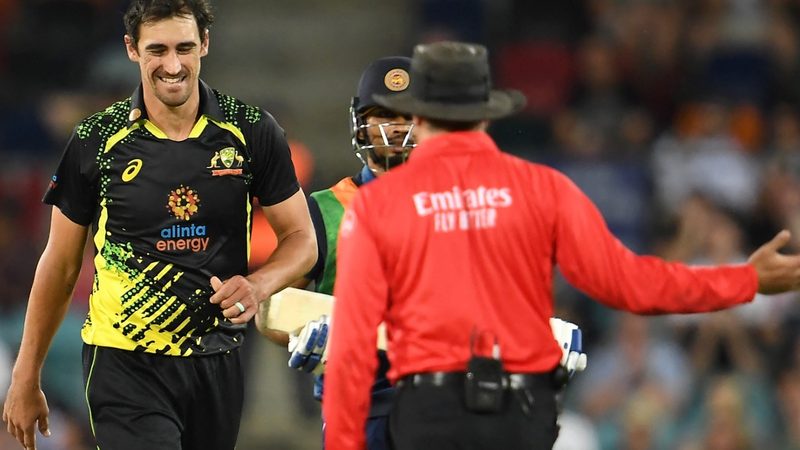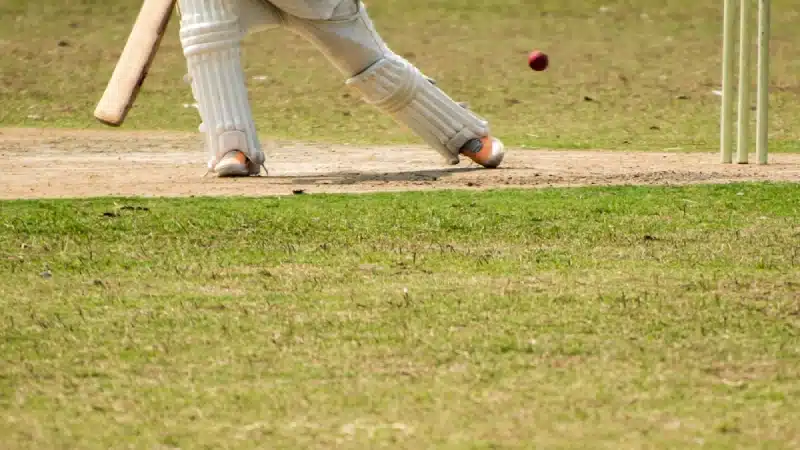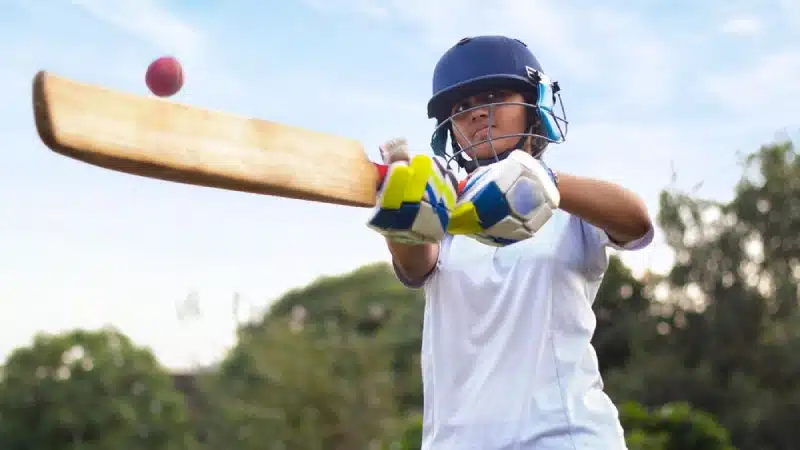
The Marylebone Cricket Club (MCC) are the guardians of the laws of cricket with the right to make amendments. The latest amendments to laws of cricket saw MCC announce a list of changes to cricket rules that are set to come into force from October 2022.
Below are the list of changes suggested by the MCC Law sub-committee and approved by the club’s main committee.
Law 1: Replacement players
The MCC in its latest amendment has introduced a new clause, Law 1.3 for replacement players. According to the law, the replacements are to be treated the same as the player they replace, inheriting any sanctions or dismissals that the replaced player has done in that match.
Law 18: Batters returning when caught
As per the latest changes to Law 18.11, when a batter is out caught, the new batter shall come in at the striker's end to face the next delivery of the over, unless it is the end of an over.
The new rule dismisses the earlier rule where a new batter was allowed to be at the non-striker’s end if the batters crossed over before completion of the catch.
Law 20.4.2.12: Signalling dead ball
The new law for dead balls states that if either side is disadvantaged by a person, animal or object within the field of play, the delivery will be declared as a dead ball. For example, a pitch invader, a dog running onto the field or any other outside interference that has an impact on the game will result in the umpires signalling the delivery as a dead ball.
Law 21.4: Bowler throwing towards striker’s end before delivery
As per the new amendment, if a bowler throws the ball towards the stumps at the striker’s end in an attempt to run-out the batter, the ball will now be signalled as a dead ball.
Previously, the ball was declared no-ball when the bowler attempted to throw the ball and run-out the batter at the strikers’ end while in his delivery stride.
Law 22.1: Judging a wide
According to the modification to Law 22.1 of the MCC, the wide will now apply to where the striker has stood at the point where the bowler begins his run-up and if the ball passes wide of the striker in a normal batting position.
Law 25.8: Striker’s right to play the ball
The new law states that the striker has the right to play the ball so long as some part of the bat or body remains within the pitch (playing area). If the batter ventures beyond the playing area, the umpire will signal the delivery as a dead ball.
As recompense to the batter, any ball which will force the batter to leave the pitch will also be signalled as a no-ball.
Law 27.4 and 28.6: Unfair movement by the fielding side
As per the new amendments, any unfair movement by a fielder will now result in five penalty runs awarded to the batting team.
Earlier, any unfair movement by a fielder resulted in the umpire signalling the delivery as a dead ball.
Law 38.3: Running out of the batter at the non-striker’s end
As per the new rule change, any attempt made by the bowler to dismiss the non-striker during the delivery stride (Mankading) will be considered as a run-out instead of unfair play.
Law 41.3: Ban on use of saliva on cricket ball
The new law has debarred players from applying saliva to the cricket ball as they hope to extract swing. Any attempt made to use saliva will be considered as an unfair method for changing the condition of the ball.
Author: Kaustubh Potdar
Featured photo: Saeed Khan / AFP




















